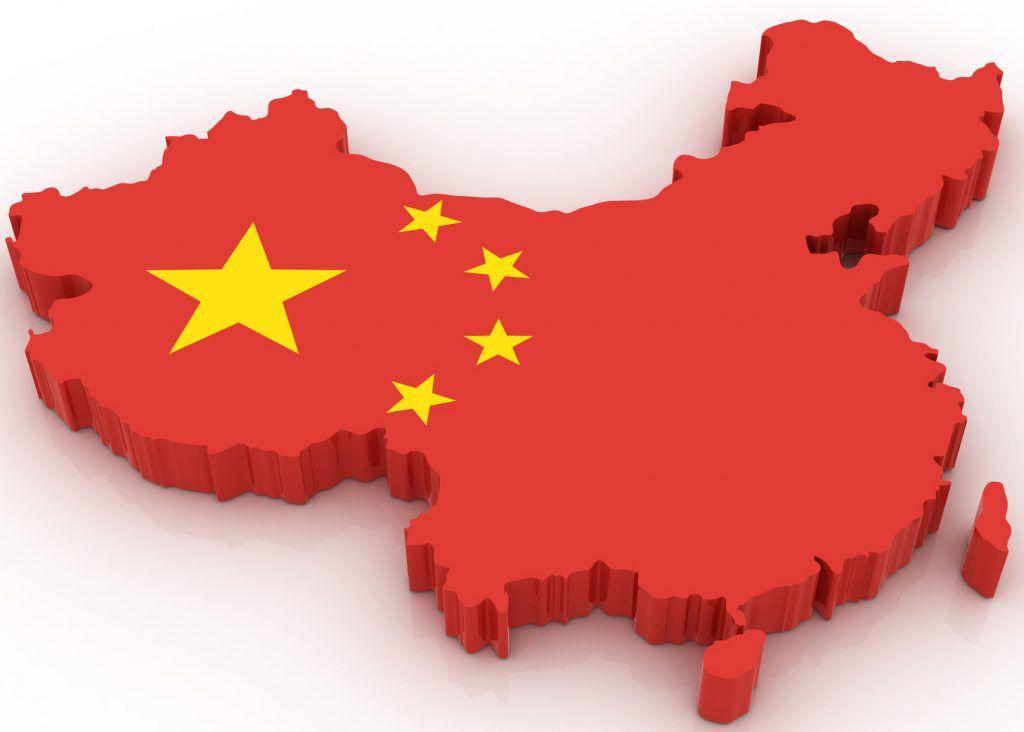During the last six months, China has been participating in nine trade negotiations, according to a report by the World Trade Organization (WTO).
These are the following trade negotiations: China-Japan–ROK FTA, China-Gulf Cooperation Council FTA, China-Sri Lanka FTA, China-Israel FTA, China-Norway FTA, China-Republic of Moldova FTA, China-Panama FTA, China-Palestine FTA, and the Agreement on Trade in Services and Investment between China and Belarus.
In addition, the country is involved in further or upgrade negotiations with the Republic of Korea, Peru, and Singapore.
On January 26, 2021, the Protocol to Improve the Free Trade Agreement between China and New Zealand was signed, which has not yet entered into force.
Trade negotiations
Among other things, the Update Protocol revised the original agreement in five areas (rules of origin, customs procedures and trade facilitation, technical barriers to trade, trade in services and cooperation).
It also added to the Agreement chapters on electronic commerce, public procurement, competition policy, and the environment and trade.
Earlier, on November 15, 2020, China and 14 other countries signed the Regional Comprehensive Economic Partnership Agreement (RCEP).
The Agreement contains provisions on trade in goods; rules of origin; customs procedures and trade facilitation; sanitary and phytosanitary measures; standards, technical regulations and conformity assessment procedures; commercial remedies; service trade; temporary circulation of natural persons; investment; intellectual property; electronic commerce; competence; small and medium enterprises (SMEs); economic and technical cooperation; government procurement; institutional arrangements; and dispute resolution.
This agreement also has four market access annexes (Lists of tariff commitments, Lists of specific commitments for services, Lists of reservations and non-conforming measures for services and investment, and Lists of specific commitments on temporary movement of natural persons).
In general, the tariffs 90% of the tariff lines will be eliminated; with respect to trade in services, some participating signatories made commitments in more than 100 sectors/subsectors.
In addition, participating countries take a negative list approach to making investment commitments in sectors other than services.
The RCEP Agreement will enter into force 60 days after its ratification by at least six members of the Association of Southeast Asian Nations (ASEAN) and three non-ASEAN signatories.
![]()

